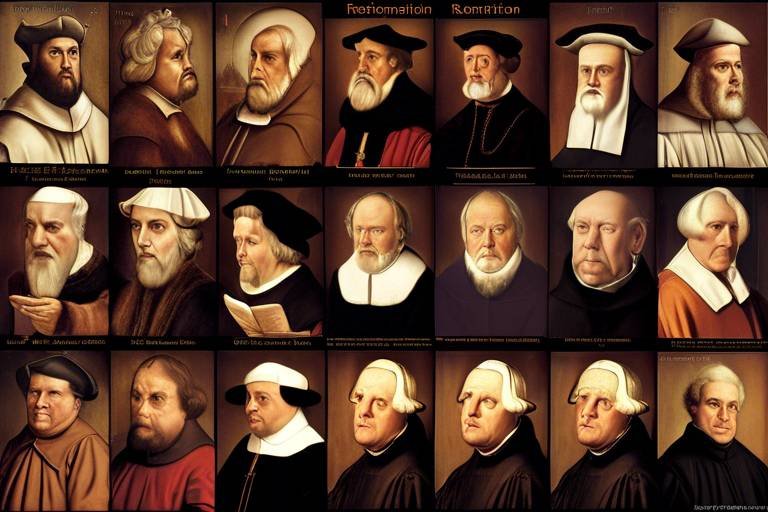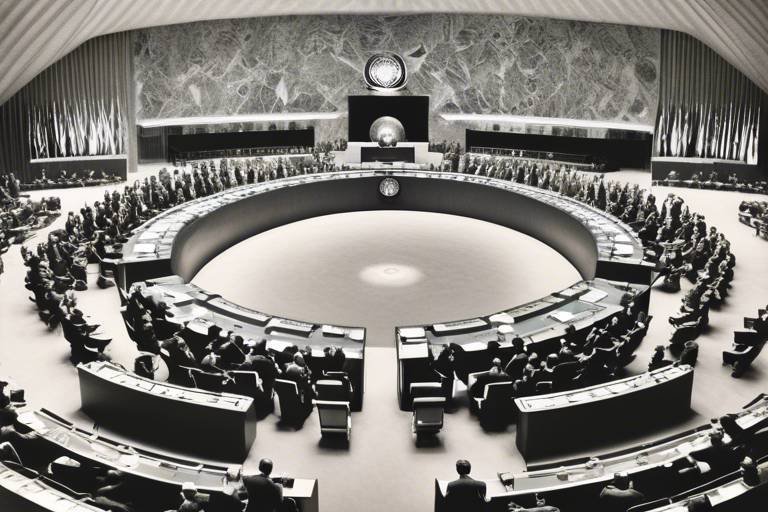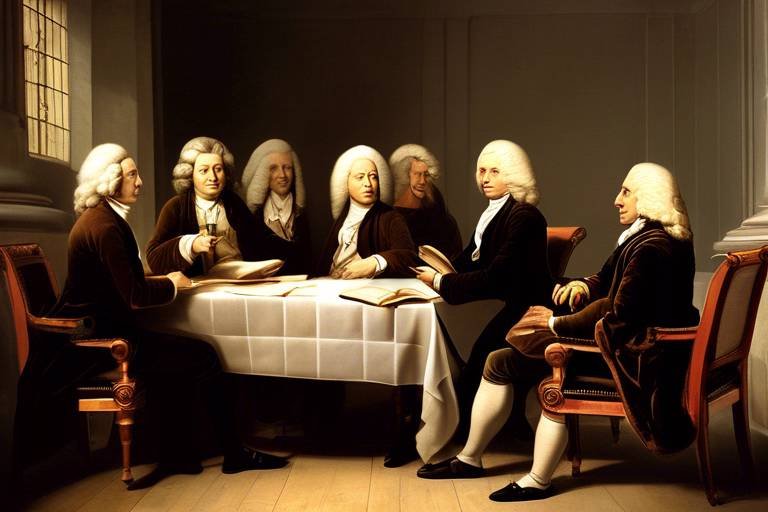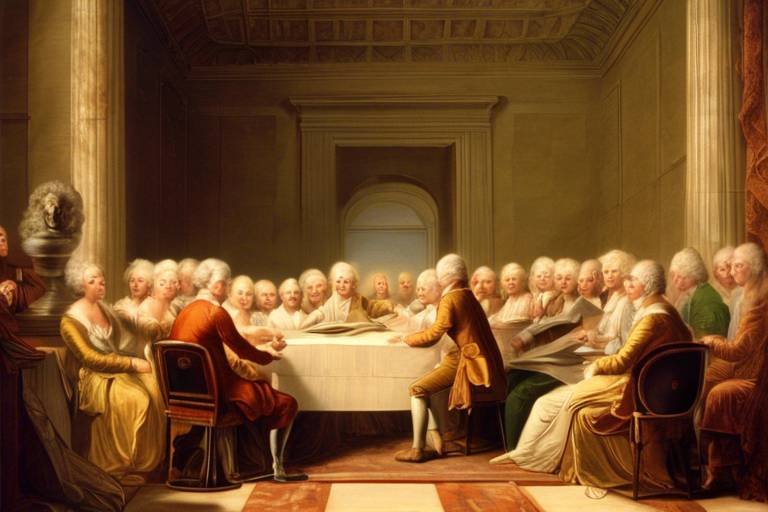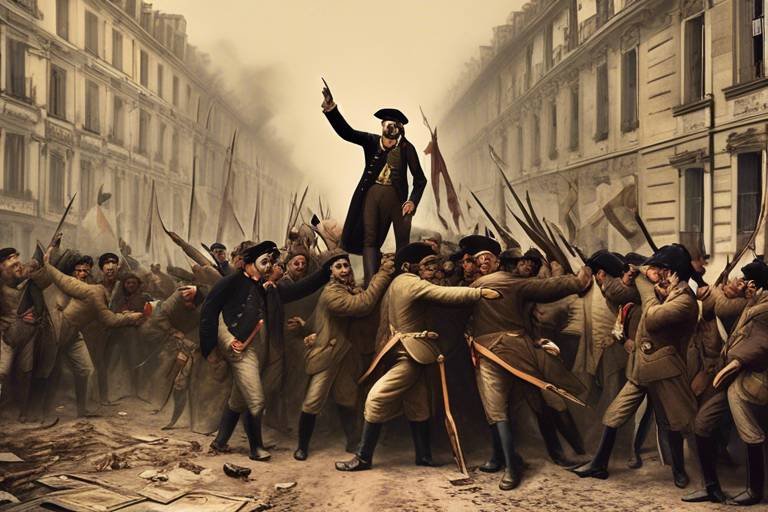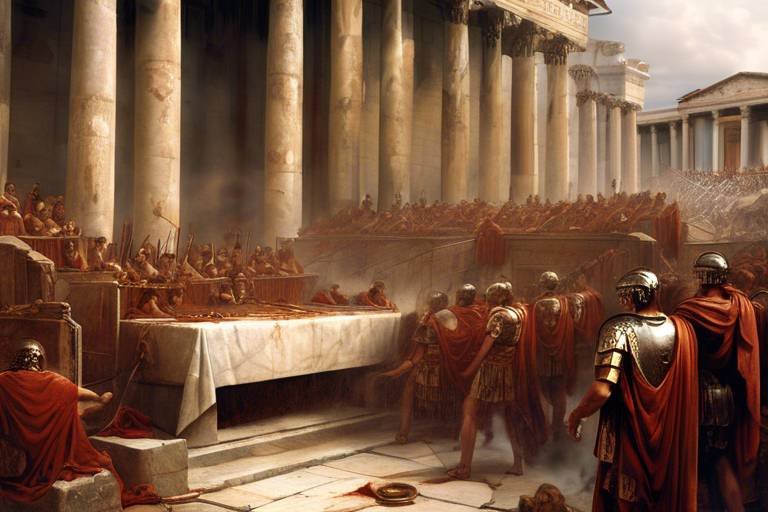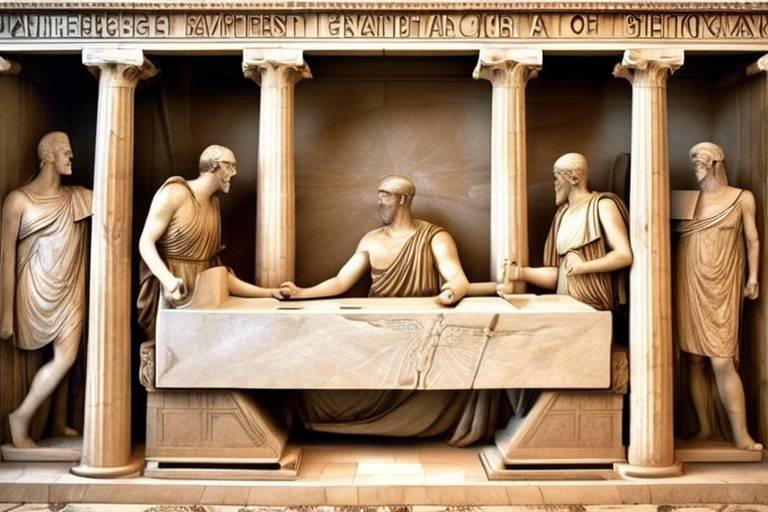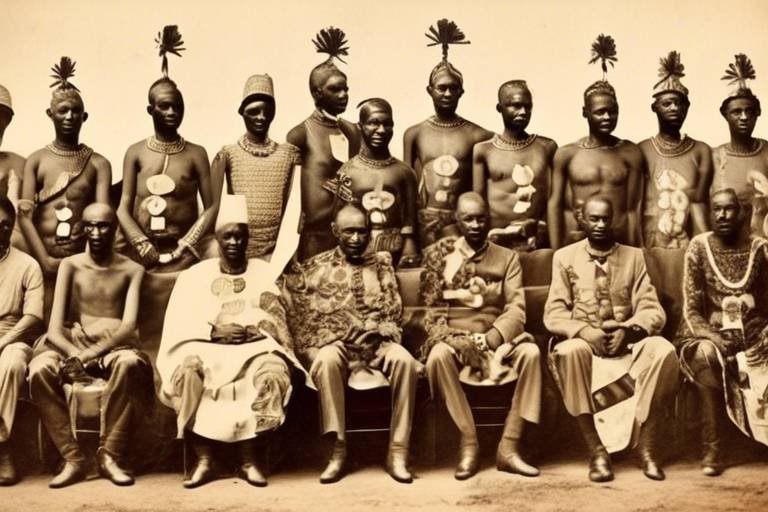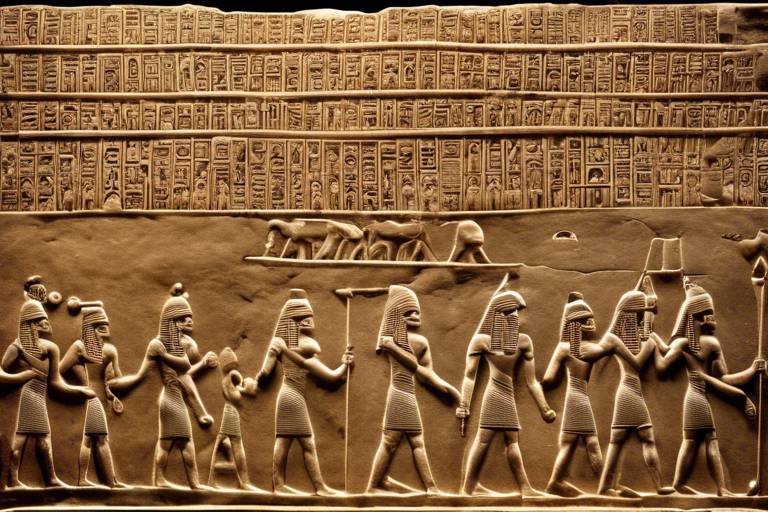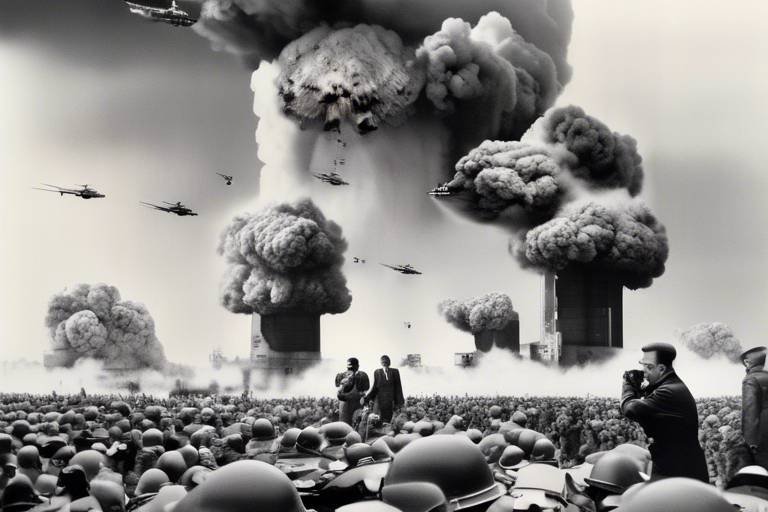The Role of Women in World War II
Women played a pivotal role in World War II, stepping into various spheres traditionally dominated by men and reshaping societal norms. Their contributions spanned from the workforce to the military, resistance movements to propaganda, leaving a lasting impact on history and gender dynamics. As the world plunged into chaos, women emerged as pillars of strength and resilience, challenging stereotypes and proving their capabilities beyond measure.
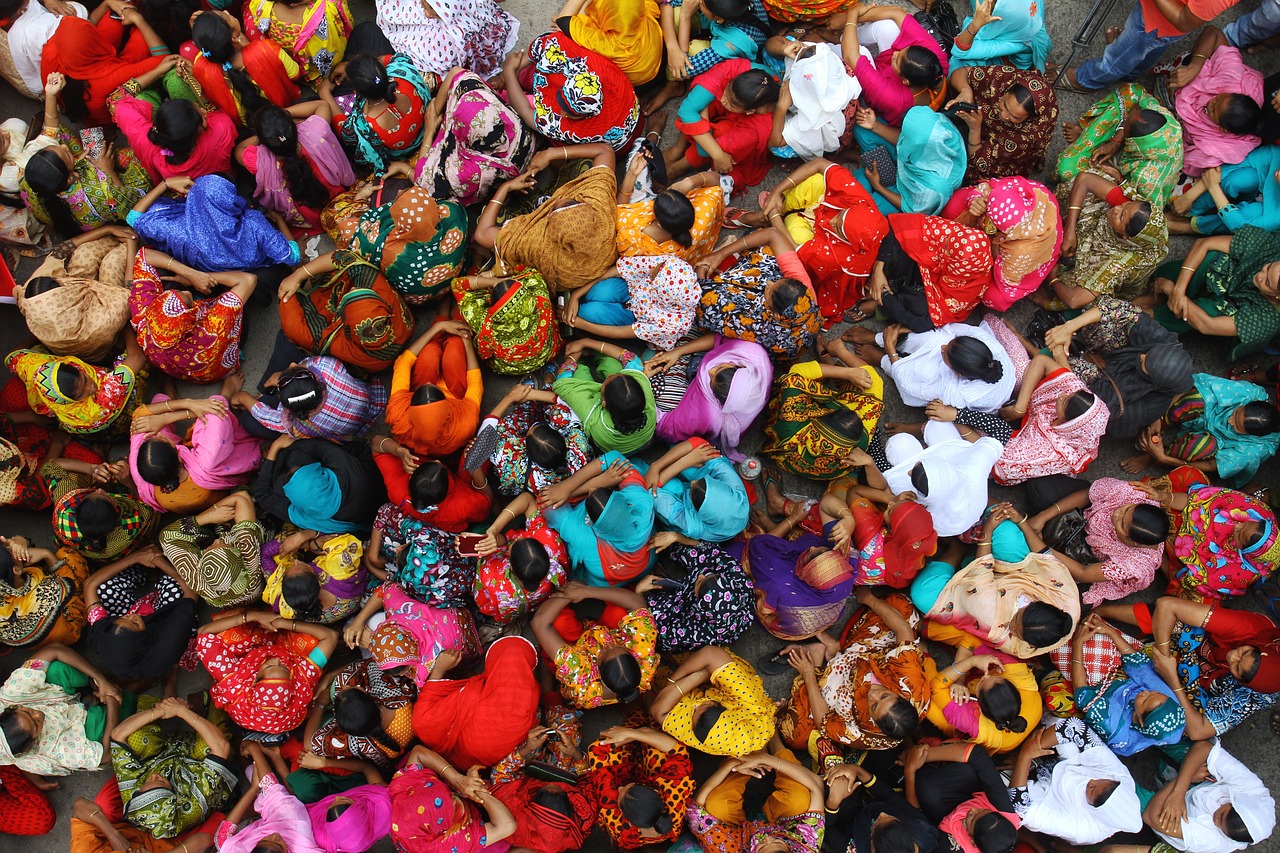
Women in the Workforce
During World War II, women played a pivotal role in the workforce, stepping into positions that were traditionally held by men. This shift was driven by the urgent need for labor to support the war effort on various fronts. Women took on jobs in factories, farms, and other essential industries, proving their capabilities and dedication in roles previously deemed unsuitable for them. The image of the traditional homemaker was transformed into that of a capable and vital contributor to the wartime economy.
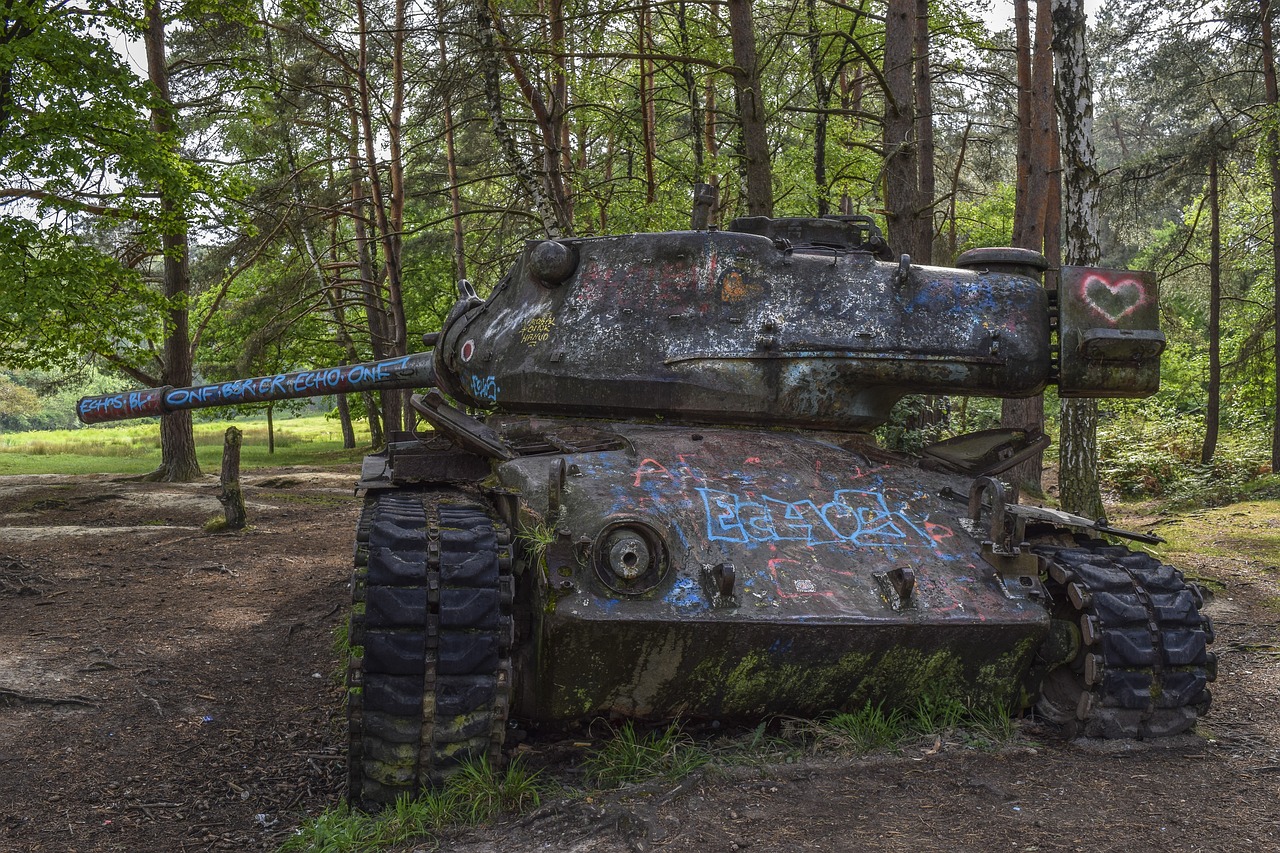
Women in the Military
During World War II, women made significant contributions to the military efforts, although they were not allowed to engage in combat roles at the time. Instead, women played crucial roles in supporting the armed forces in various non-combat positions. One of the most prominent roles held by women was that of nurses, providing essential medical care to wounded soldiers on the front lines. Their dedication and compassion helped save countless lives and boosted the morale of troops facing the harsh realities of war.
Additionally, women served as clerks, typists, and radio operators, handling important communication tasks that were vital for military operations. Their organizational skills and attention to detail were instrumental in ensuring that information was accurately transmitted and received, contributing to the overall efficiency of the military. Despite working behind the scenes, these women played a crucial role in the success of military campaigns and logistical operations.
Furthermore, some women served as codebreakers, decrypting enemy messages and providing valuable intelligence to military commanders. Their analytical skills and ability to crack complex codes were instrumental in gaining strategic advantages and outmaneuvering enemy forces. These women worked tirelessly to decode encrypted messages, often under intense pressure and in challenging conditions, showcasing their intellect and dedication to the war effort.
Although women in the military faced various challenges and restrictions during World War II, their contributions were invaluable and paved the way for greater gender inclusion in the armed forces in the years to come. The bravery, resilience, and skills demonstrated by women in non-combat roles during the war laid the foundation for future generations of women to serve in the military in diverse capacities, breaking barriers and reshaping traditional notions of military service.

Resistance and Partisan Activities
During World War II, women played pivotal roles in resistance movements and partisan activities, defying societal norms and risking their lives for the greater cause of freedom. Engaging in espionage, sabotage, and smuggling of crucial supplies, these brave women operated in the shadows, striking blows against the oppressive forces of the Axis powers. Their courage and resourcefulness were instrumental in supporting the resistance efforts and weakening the enemy's hold on occupied territories.
One notable example is the story of Nancy Wake, a fearless operative known as the "White Mouse," who led a network of resistance fighters in Nazi-occupied France. Her daring exploits and leadership skills made her a thorn in the side of the German forces, earning her a reputation as one of the most wanted resistance leaders. Wake's ability to evade capture and continue her operations under immense pressure exemplifies the resilience and determination of women involved in resistance activities.
Women also played crucial roles in underground networks, providing vital intelligence to allied forces and coordinating acts of sabotage to disrupt enemy operations. Their ability to blend into civilian populations and gather information covertly proved invaluable in outmaneuvering the enemy's surveillance efforts. These unsung heroines operated in secrecy, often facing grave dangers and personal sacrifices to support the resistance cause.
Despite facing significant risks and challenges, women in resistance and partisan activities demonstrated remarkable ingenuity and adaptability in carrying out their missions. Whether forging documents, transmitting coded messages, or organizing escape routes for allied soldiers, these women operated with precision and stealth, leaving a lasting impact on the outcome of the war. Their contributions, though often overshadowed by male counterparts, were essential in turning the tide against tyranny and oppression.

Propaganda and Symbolism
During World War II, propaganda played a crucial role in shaping public perception and boosting morale on the home front. Women were often depicted as heroines and symbols of patriotism in propaganda materials, highlighting their contributions to the war effort. These images of women working in factories, serving as nurses, or supporting the military helped create a sense of unity and purpose among the population.
Propaganda posters featuring women encouraged civilians to support the war through various means, such as buying war bonds, conserving resources, and volunteering for the war effort. These visual representations of women as strong, capable individuals served to inspire and motivate the populace during a time of great uncertainty and sacrifice.
Moreover, the symbolism associated with women in wartime propaganda also served to challenge traditional gender roles and expectations. By portraying women as active participants in the war effort, propaganda helped break down barriers and stereotypes, showcasing the diverse roles that women could undertake in society.
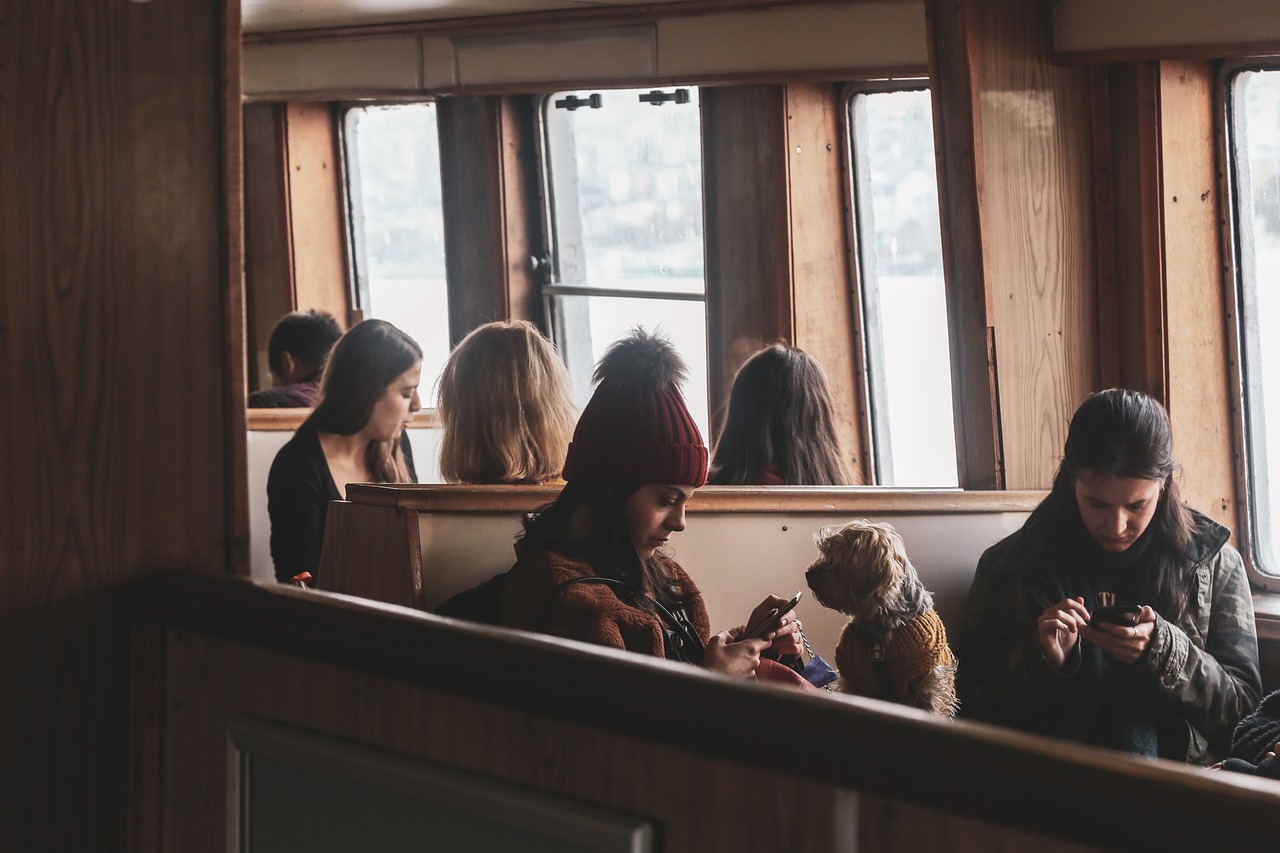
Impact on Gender Norms
During World War II, women's roles in society underwent a seismic shift, challenging traditional gender norms and expectations. As men went off to fight on the front lines, women stepped into the workforce in unprecedented numbers, taking on jobs that were previously reserved for men. This shift not only demonstrated women's capabilities and contributions outside the domestic sphere but also forced society to reevaluate the roles and capabilities of women.
Women working in factories, farms, and other essential industries proved their competence and efficiency, debunking the myth that certain jobs were unsuitable for women. The war created a demand for labor that transcended gender boundaries, leading to a redefinition of what women were capable of achieving. This newfound independence and empowerment sparked a societal conversation about gender equality and the value of women's work.
Moreover, the wartime experiences of women highlighted the absurdity of limiting opportunities based on gender. Women who served in the military or engaged in resistance activities demonstrated courage, intelligence, and resourcefulness, qualities that were previously associated primarily with men. These actions challenged entrenched beliefs about gender roles and paved the way for a more inclusive and equitable society.
As women proved their worth in various wartime roles, the perception of their capabilities began to shift. The idea that women were solely responsible for domestic duties and lacked the skills for more demanding tasks was shattered by their contributions during the war. This shift in perception laid the foundation for the feminist movements of the following decades, advocating for equal rights and opportunities for women in all aspects of life.
Furthermore, the impact of women's participation in World War II extended beyond the war itself. The recognition of women's contributions during the conflict served as a catalyst for societal change, prompting discussions about gender norms, stereotypes, and expectations. The war forced society to acknowledge the talents and abilities of women in a variety of roles, leading to a gradual dismantling of the barriers that had long restricted their opportunities.

Recognition and Legacy
During World War II, women made significant contributions and sacrifices that have left a lasting impact on history. Despite facing discrimination and unequal treatment, the role of women in the war effort is increasingly recognized and celebrated. Their legacy continues to shape historical narratives and inspire future generations.
Women who served during World War II played crucial roles in various aspects of the war effort, from working in factories to joining resistance movements. Their efforts were instrumental in supporting the war both on the front lines and at home. Despite the challenges they faced, these women demonstrated immense courage, resilience, and determination.
Propaganda during the war often portrayed women as heroines and symbols of patriotism, influencing public perception and boosting morale. These representations helped redefine societal norms and expectations surrounding gender roles, paving the way for greater gender equality in the post-war period.
The recognition of women's contributions to World War II is an ongoing process, with efforts to honor their legacy through memorials, museums, and educational initiatives. By commemorating their achievements, we ensure that the sacrifices made by these women are never forgotten and continue to inspire future generations.

Personal Stories and Testimonials
Personal Stories and Testimonials from women who served during World War II provide a glimpse into the extraordinary courage, resilience, and sacrifices they made in the face of adversity. These stories offer a unique perspective on the challenges they encountered and the impact of their contributions to the war effort.
One such story is that of Mary Smith, a nurse who risked her life to care for wounded soldiers on the front lines. Despite the constant danger and hardships she faced, Mary's dedication to her duty never wavered, serving as a beacon of hope and compassion in the midst of chaos and destruction.
Another remarkable tale is that of Sarah Johnson, a resistance fighter who defied the odds to smuggle vital supplies to resistance groups behind enemy lines. Sarah's bravery and resourcefulness were instrumental in supporting the resistance movement and striking back against the oppressive forces of the Axis powers.
These personal stories not only highlight the individual heroism of these women but also shed light on the collective strength and determination of all women who played a vital role in World War II. Their stories serve as a testament to the indomitable spirit and unwavering resolve of women in the face of adversity.

Continued Advocacy and Commemoration
Continued Advocacy and Commemoration in the context of women's contributions during World War II is a vital aspect of preserving their legacy for future generations. Efforts to honor and remember the role of women in the war have taken various forms, including the establishment of memorials, museums, and educational initiatives. These platforms serve as reminders of the sacrifices and achievements of women during the tumultuous period of World War II.
One prominent form of advocacy and commemoration is the creation of memorials dedicated to women who served in various capacities during the war. These memorials often highlight individual stories of courage and resilience, ensuring that the names and faces of these remarkable women are not forgotten. By immortalizing their contributions in physical spaces, these memorials serve as lasting tributes to the invaluable role played by women in the war effort.
Furthermore, museums dedicated to showcasing the experiences of women during World War II play a crucial role in educating the public about their contributions. Through exhibitions, artifacts, and interactive displays, these museums provide a comprehensive understanding of the challenges faced by women and the impact of their efforts on the course of history. By engaging visitors of all ages, these museums help to keep the memory of these remarkable women alive.
Educational initiatives focused on the role of women in World War II serve to ensure that their legacy endures for generations to come. By integrating women's history into school curricula and organizing special events and programs, educators and advocates strive to raise awareness about the significant contributions of women during the war. Through these initiatives, the stories of these unsung heroes are shared with a wider audience, inspiring future generations to appreciate and respect the pivotal role played by women in shaping the world we live in today.
Frequently Asked Questions
- What roles did women play in World War II?
Women played various roles during World War II, including working in the workforce, serving in the military in non-combat roles, participating in resistance activities, and being depicted in propaganda.
- How did the wartime experiences of women impact gender norms?
The experiences of women during World War II challenged traditional gender norms and paved the way for greater gender equality and opportunities in the post-war period.
- Are the contributions of women in World War II recognized?
Despite facing discrimination, the contributions of women in World War II are increasingly recognized and celebrated, shaping historical narratives and inspiring future generations.


